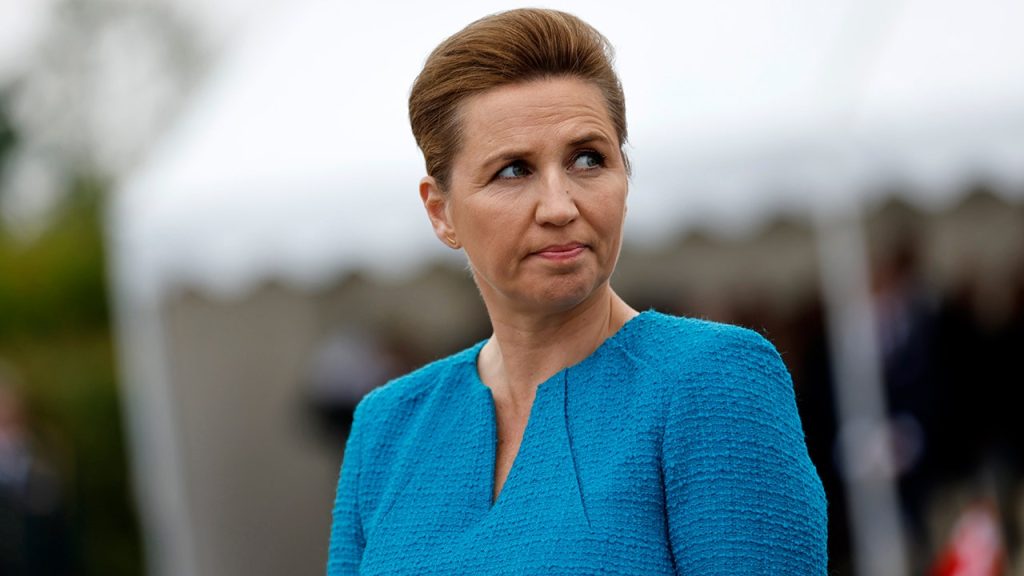The potential acquisition of Greenland by the United States has resurfaced as a topic of discussion following renewed interest from former President Donald Trump and a visit to the island by his son, Donald Trump Jr. Danish Prime Minister Mette Frederiksen has emphatically reiterated Greenland’s not-for-sale status, echoing the stance of Greenlandic Prime Minister Múte Egede, who has affirmed the strong local sentiment against such a transaction. While Trump has claimed support from Greenlanders for the idea and shared a video purportedly showing a resident advocating for the sale, Frederiksen has emphasized Greenland’s right to self-determination and urged maintaining composure amidst the renewed attention. This disagreement sets the stage for a potential diplomatic clash between the US and Denmark, with Greenland’s autonomy at the heart of the matter.
Donald Trump Jr.’s visit to Greenland, described as personal and unrelated to official government business, further fuels the discussion around the island’s future. While the stated purpose of the trip was to create video content for a podcast, its timing amidst the renewed debate over Greenland’s sovereignty inevitably raises questions about its political implications. Trump Jr.’s interactions with locals and exploration of cultural sites provide a backdrop for his father’s renewed push for the acquisition, with the former president claiming the need for Greenland’s strategic importance for the “Free World’s” safety and security. This personal visit intertwined with political rhetoric adds another layer of complexity to an already sensitive issue.
The former president’s online activity, including a Truth Social post claiming “MAGA” sentiment among Greenlanders and sharing a video of his son’s arrival in Nuuk, underscores his persistent interest in acquiring the island. His use of the slogan “MAKE GREENLAND GREAT AGAIN” mirrors his presidential campaign rhetoric and suggests a desire to extend his influence to the Arctic territory. This social media engagement further amplifies the discussion and fuels speculation about his intentions regarding Greenland. It also underscores the unconventional methods Trump employs to advance his political agenda, bypassing traditional diplomatic channels in favor of direct appeals to the public.
The contrasting narratives presented by the Danish and Greenlandic governments, who emphasize self-determination and reject the notion of a sale, and the former president, who promotes the idea of acquisition based on strategic interests and purported local support, create a complex geopolitical scenario. This clash of perspectives raises questions about the future of Greenland and the role of international relations in shaping its destiny. The island’s strategic location and resource potential make it a focal point of interest, with various nations vying for influence in the Arctic region.
The underlying reasons for Trump’s renewed interest in acquiring Greenland remain a subject of debate. While he cites national security concerns and claims of local support, critics suggest ulterior motives may be at play. Some speculate that the island’s abundant natural resources, including rare earth minerals, could be a driving factor, while others see it as a strategic move to bolster US influence in the Arctic. These varying interpretations add to the complexity of the situation and fuel speculation about the potential consequences of a US acquisition.
This renewed discussion over Greenland’s future underscores the challenges faced by autonomous territories navigating the interests of larger nations. It also highlights the evolving geopolitical landscape, where strategic considerations and resource competition play increasingly significant roles. The differing perspectives of Denmark, Greenland, and the former US president exemplify the complexities of international relations and the delicate balance between sovereignty and strategic interests. The unfolding situation warrants close attention as it has the potential to reshape the political and economic dynamics of the Arctic region and beyond.

